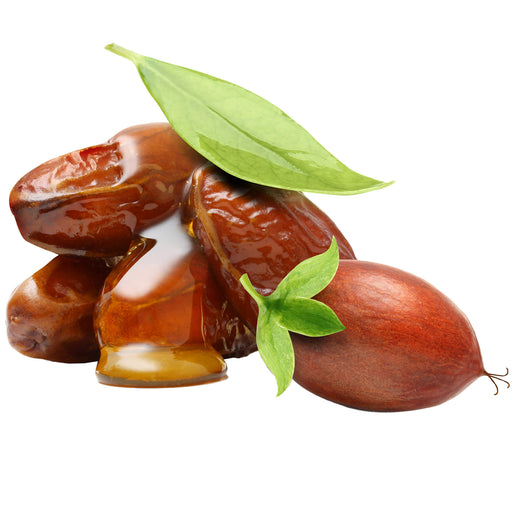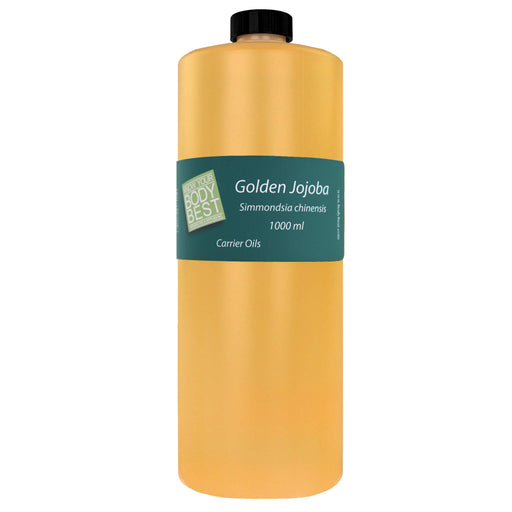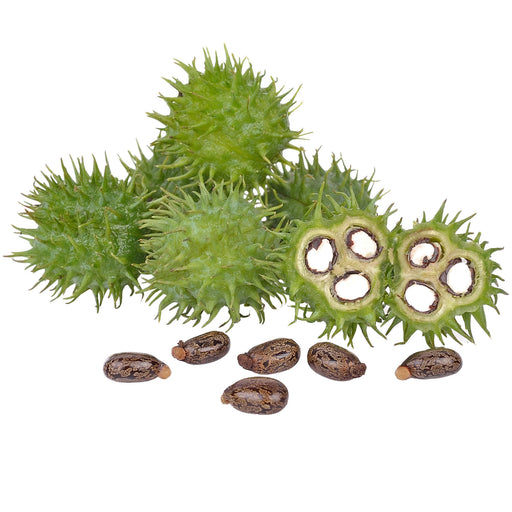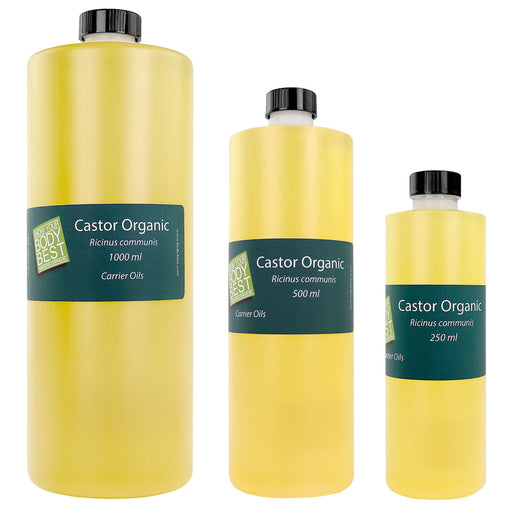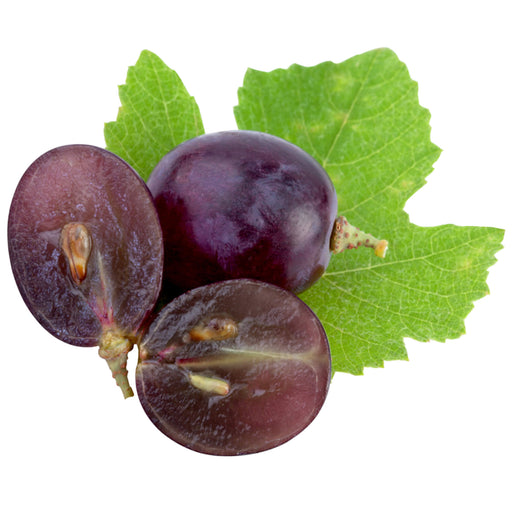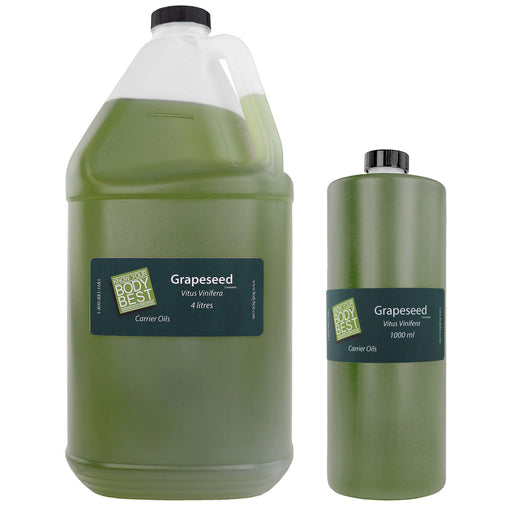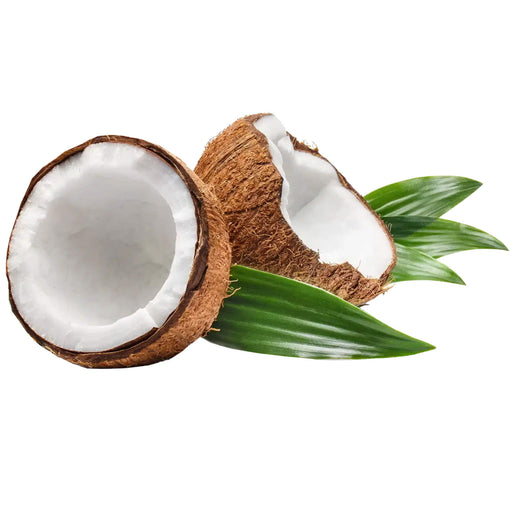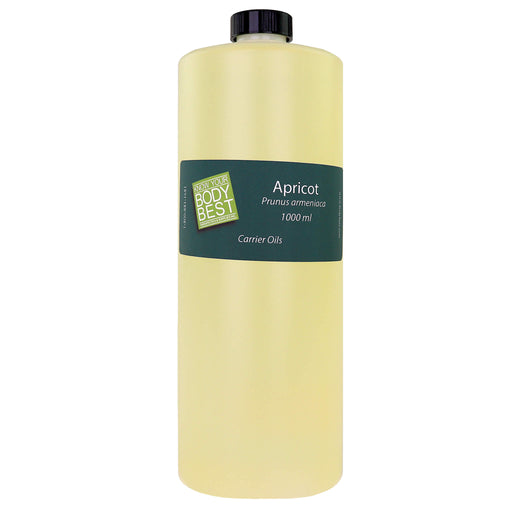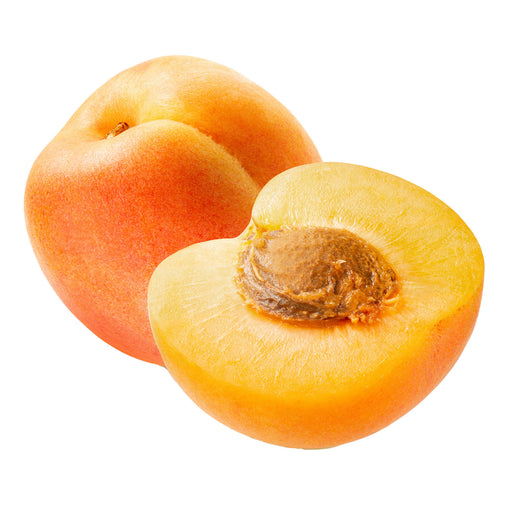over $250.00

How to Choose a Hand Sanitizer
Handwashing is a scientifically established method to reduce and prevent respiratory illness.
With the onset of the COVID-19 pandemic, health ministries and the World Health Organization (WHO) have declared hand hygiene to be one of the most effective means of preventing the spread of the virus.
The increased awareness of hand hygiene among consumers has increased the demand for, and production of, hand sanitizers. Due to new popularity, there is a need to raise public awareness about these types of products.
In this short article, we provide basic information about hand sanitizers. We hope this will help users to make informed buying decisions, as well as help users to understand what they are putting on their skin.
What is Hand Sanitizer?
Sanitizer is a liquid, gel, or foam generally used to kill infectious pathogens on the hands. Only two alcohols are permitted as active ingredients in alcohol-based hand sanitizers: ethyl alcohol or isopropyl alcohol. Choose a hand sanitizer with an 60 to 90% alcohol in order to effectively kill germs and bacteria. We cannot simply apply pure free-flowing alcohol to our hands as this would be harmful to our skin. Additional ingredients are added to sanitizer to make it smell better, to help it last longer on the skin, and to help decrease the drying effects it has on the skin.
Hand sanitizers or gels are NEVER safe to drink or use as a body massage lubricant.
An alcohol-based hand sanitizer that meets alcohol volume requirements can quickly reduce the number of microbes on our hands. It can also help to remove a wide range of disease-causing agents or pathogens, including the new coronavirus, SARS-CoV-2. However, even the best alcohol-based hand sanitizers have limitations and don’t eliminate all types of germs.
According to the CDC, hand sanitizers won’t get rid of potentially harmful chemicals such as pesticides. They’re also not effective at killing germs like Norovirus, Cryptosporidium, which causes cryptosporidiosis and Clostridium difficile, AKA C. difficile.
Soap and water are more effective than hand sanitizers at removing certain kinds of germs like norovirus, Cryptosporidium, and Clostridioides difficile, as well as chemicals such as pesticides and heavy metals like lead. It is important to know that many studies have found preferential use of alcohol-based hand sanitizer over soap and water for routine hand hygiene might be associated with an increased risk of norovirus outbreaks.
Whenever possible, the best way to prevent the spread of infections is to wash hands with soap and water for at least 20 seconds. Use hand sanitizer only when soap and water are not readily accessible. Read more about Hand Washing Steps.
A study suggests that using alcohol-based hand sanitizer is an effective hand hygiene method that does not require water, but its use is not currently recommended when hands are visibly soiled. A hand sanitizer may not work well if your hands are visibly dirty or greasy. This may happen after working with food, doing yard work, gardening, or playing a sport. If your hands look dirty or slimy, opt for hand washing instead of a hand sanitizer.
Hand Sanitizer or Soap: When to Use Each Method.
Alcohol rub sanitizers kill most bacteria, fungi, and stop some viruses. Alcohol rub sanitizers containing at least 70% alcohol (mainly ethyl alcohol) kill 99.9% of the bacteria on hands 30 seconds after application and 99.99% to 99.999% in one minute. Waterless hand sanitizer provides some advantages over hand washing with soap and water. However, washing with soap and water is more effective if organic matter (dirt, food, or other material) is visible on hands.
Hand Sanitizer or Soap: When to Use Each Method.
The internet is home to many DIY hand sanitizer recipes. The FDA recommends that consumers do not make their own hand sanitizer. If made incorrectly, hand sanitizer can be ineffective. If you are looking for organic, non-toxic sanitization products that aren’t harmful to the environment, you are in luck.
Many companies produce natural products using antibacterial agents that exist in fruits, plants, and natural oils. Many companies produce organic hand disinfectants with a simple formula: organic ethyl alcohol, water, and a combination of organic ingredients. They are as effective as non-natural sanitizing products, but they do their job without harming our bodies and the environment. If there are benefits, safety, and almost no harm, we should use natural-based sanitizers instead.

Hand Sanitizer or Soap: When to Use Each Method.
Since the beginning of 2020, hand sanitizer has become increasingly sought after. Many experts are of the opinion that chemical-based hand sanitizers can actually be dangerous. Existing data raises potential concerns about the effects of repeated daily exposure to some antiseptic ingredients. This would include hand antiseptic products containing alcohol in general, in particular, Triclosan, an ingredient found in many sanitizers.
- Decreases levels of some thyroid hormones
- Contributes to making antibiotic-resistant bacteria
- Can lead to the development of skin cancer
- Can affect liver function
- Has been identified as a potential concern to the environment. Due to its usage in many different products, it often ends up in wastewater systems. According to Health Canada, Triclosan is not fully removed from wastewater during treatment, so it can be released to surface water thus exposing aquatic organisms.
- Is highly toxic to a variety of aquatic organisms, such as algae and fish
Health Canada has not banned Triclosan-containing products and according to their risk assessment, “Triclosan is not a health risk at current levels of exposure.” Many companies have decided to replace Triclosan with one of three other chemicals — benzalkonium chloride, benzethonium chloride, or chloroxylenol (PCMX). However, even these ingredients have evidence of adverse effects on human ciliary motion, mucociliary clearance, nasal mucosal histology, neutrophil function, and leukocyte response to local inflammation.
Four Steps:
- Make sure all visible organic matter (for example, dirt) is removed from hands prior to applying waterless hand sanitizer.
- Apply a dime-sized amount of waterless hand sanitizer to the palm of one hand.
- Thoroughly rub hands together covering all surfaces of hands, fingers, and crevasses.
- Rub until waterless hand sanitizer is absorbed.
Featured collection
-
Original price $14.99 - Original price $59.99Original price$14.99 - $59.99$14.99 - $59.99Current price $14.99
Golden Jojoba Oil
BodyBestUses and Benefits of Golden Jojoba Oil Golden Jojoba Oil is one of the best massage oils as it can be used for both scalp and body. It is deeply mo...
View full detailsOriginal price $14.99 - Original price $59.99Original price$14.99 - $59.99$14.99 - $59.99Current price $14.99 -
Original price $11.99 - Original price $29.99Original price$11.99 - $29.99$11.99 - $29.99Current price $11.99
Castor Oil
BodyBestUses and Benefits of Castor Oil Castor oil is a healing oil that helps soothe muscle aches. Rich in antioxidants, the oil prevents wrinkles, reliev...
View full detailsOriginal price $11.99 - Original price $29.99Original price$11.99 - $29.99$11.99 - $29.99Current price $11.99 -
Original price $24.99 - Original price $79.99Original price$24.99 - $79.99$24.99 - $79.99Current price $24.99
Grapeseed Oil
BodyBestUses and Benefits of Grape seed Oil Grape seed oil has anti-inflammatory and antimicrobial properties. In addition, the oil is rich in omega chain ...
View full detailsOriginal price $24.99 - Original price $79.99Original price$24.99 - $79.99$24.99 - $79.99Current price $24.99 -
Original price $23.99 - Original price $94.99Original price$23.99 - $94.99$23.99 - $94.99Current price $23.99
Coconut Oil Cold Pressed Unfractionated
BodyBestBenefits of Body Best Cold Pressed Unfractionated Coconut Oil Body Best Cold Pressed Virgin Coconut Oil has wonderful healing properties for your b...
View full detailsOriginal price $23.99 - Original price $94.99Original price$23.99 - $94.99$23.99 - $94.99Current price $23.99 -
Original price $29.99 - Original price $29.99Original price$29.99$29.99 - $29.99Current price $29.99
Apricot Oil Cold Pressed 1L
BodyBestUses and Benefits of Cold Pressed Apricot Oil Apricot Oil Cold Pressed by BodyBest is ideal for body and head massages. Also known as Apricot Kerne...
View full detailsOriginal price $29.99 - Original price $29.99Original price$29.99$29.99 - $29.99Current price $29.99

